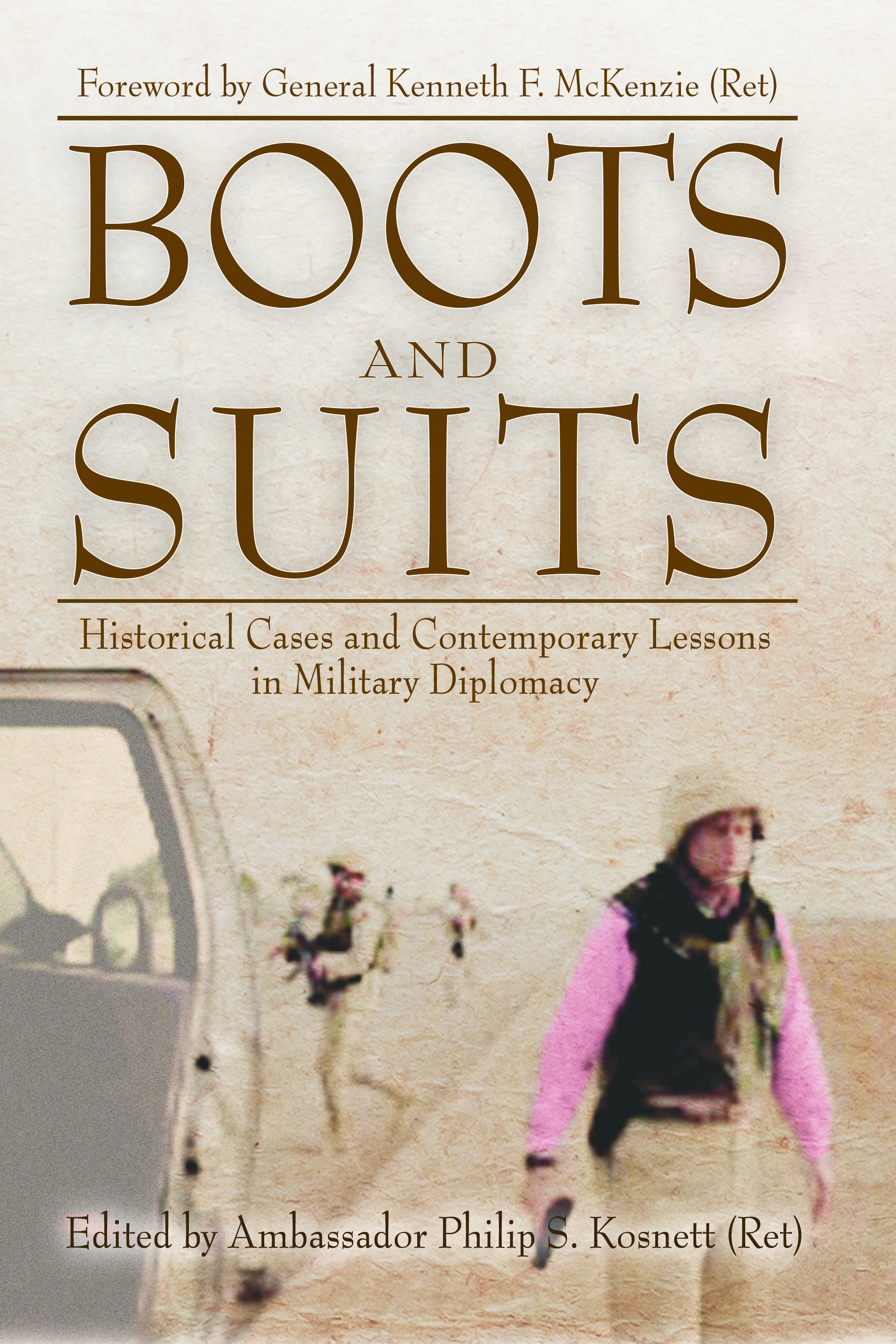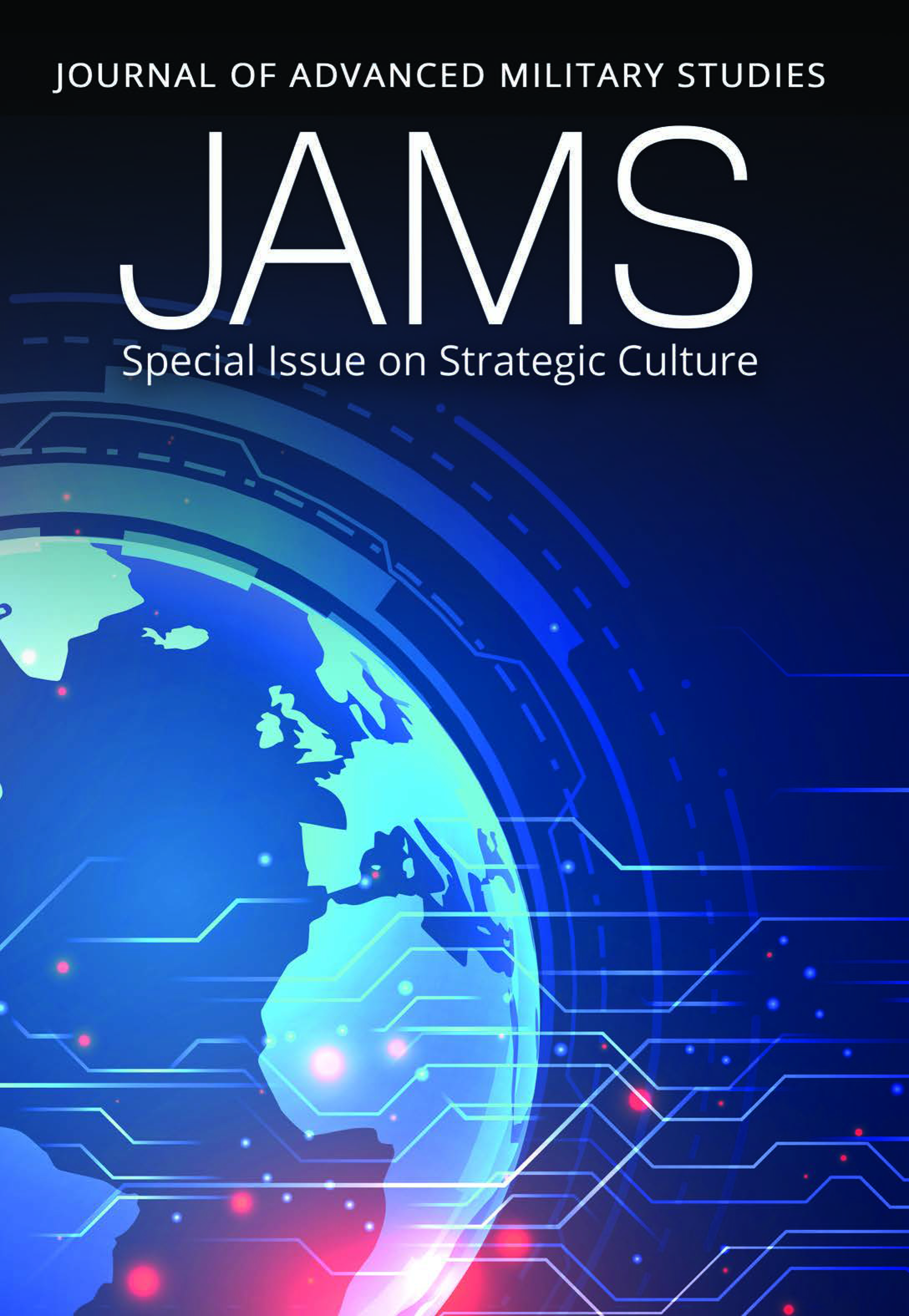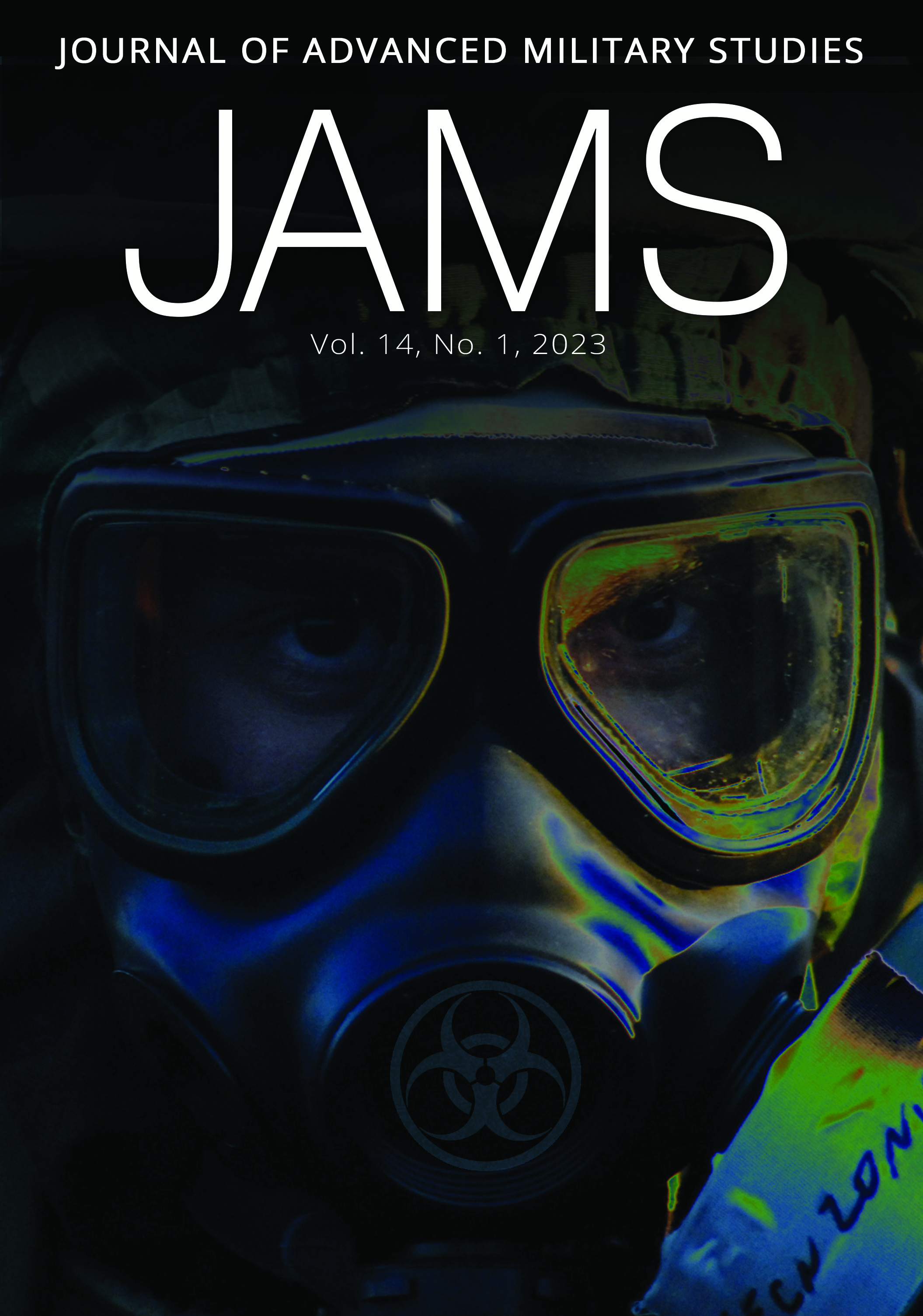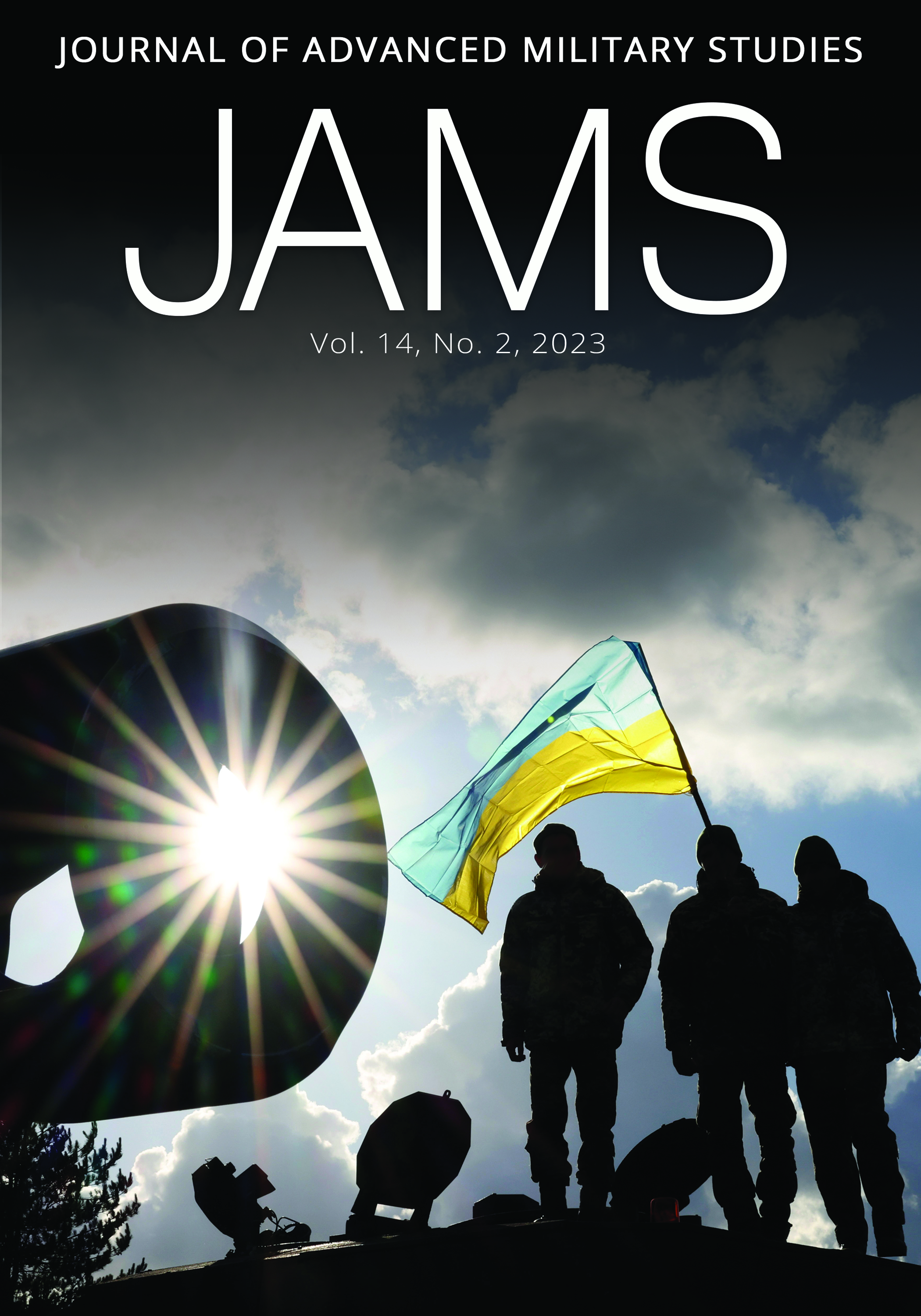MCUP Spotlight: Russia, NATO, and Ukraine
These resources are available in digital and print formats and may be ordered directly from MCUP by clicking on the ORDER FORM link on the MCUP front page.
If you are interested in classroom adoption texts or custom course packs, please email mcu_press@usmcu.edu for more information.
MCUP Monographs
 Considering Russia: Emergence of a Near Peer Competitor
Considering Russia: Emergence of a Near Peer Competitor
Edited by Matthew R. Slater, Michael Purcell, and Andrew M. Del Gaudio
ABOUT THE BOOK
Considering Russia helps us understand the implications for strategy and military planning behind Russia’s failure to integrate, as was maybe too naively expected, into the Euro-Atlantic and global economic and security architecture. Russia’s renewed assertiveness has created what might look like a new adversarial geopolitical context. This unexpected reality prompted the authors to analyze Russian military capability, tactics, and operational concepts, both through the contemporary filter of events in Georgia, Ukraine, and Syria, as well as the historical legacy of the Soviet Union. All of the authors, whether writing about the idea of hybrid warfare or the potential for conventional conflict in the Baltic region, uncover the continuities and novelties of the current situation and o er recommendations grounded in their professional experience with U.S. security policy as well as the Marine Corps.
 Boots and Suits: Historical Cases and Contemporary Lessons in Military Diplomacy
Boots and Suits: Historical Cases and Contemporary Lessons in Military Diplomacy
Edited by Ambassador Philip S. Kosnett (Ret)
DOI: 10.56686/9798986259420
ABOUT THE BOOK
Boots and Suits, edited by Ambassador Philip S. Kosnett (Ret), discusses aspects of military diplomacy, featuring an edited collection of chapters by ambassadors, scholars, and servicemembers. This diverse set of authors explains military diplomacy through the lens of both the military and the diplomatic corps of countries, including perspectives from the United States, the Netherlands, and Turkey, among others. This volume will examine the aspects of military diplomacy as used by nations and what differentiates this concept from both military confrontation and diplomatic overtures when used as discrete concepts by nation-states rather than employing military diplomacy to advance their strategic goals.
 Warfare in Peacetime: Proxies and State Powers
Warfare in Peacetime: Proxies and State Powers
By Christopher C. Harmon, PhD
DOI: 10.56686/9798985340488
ABOUT THE BOOK
Warfare in Peacetime offers an expansive and elaborated portrait of overseas proxy wars. The structure and substance will prepare observers, analysts, and participants seeking to understand challenges before American and other statesmen. The work helps frame the morass in Syria, with all its foreign links; the contest for influence in Libya, where innumerable hands vie for dominance; the fighting in Yemen, where Houthi Shia organizations backed by Iranian sponsors battle Sunni tribes; and life along the borders of Russian expansionism, where Ukrainians plea for outside assistance, including weapons from Washington. Such ongoing “warfare in peacetime” has a thousand precedents in a dozen ages, including our day, and some of the patterns are explored along with detailed case studies.
Journal of Advanced Military Studies
 Special Issue on Strategic Culture
Special Issue on Strategic Culture
DOI: 10.21140/mcuj.2022SIstratcul001
The articles collected for the special issue demonstrate a range of ways in which the study of strategic culture delivers critical insights to policy planners and strategists. Understanding other great powers on their own terms—the identities they seek to establish or defend, the values that inform their policies, the norms of strategic competition or warfighting that they deem acceptable and effective, and the worldview they espouse (whether an accurate fit with objective realities or not)—prepares policy makers to craft plans and strategies in ways that are tailored for maximum advantage vis-a-vis a particular adversary. Given the steady shutdown of cultural inquiry labs and training facilities across the U.S. defense and security community, it is worth issuing a stern reminder that the advantage of knowing one’s enemy is far more consequential when engaged in great power conflict than in the irregular conflicts in which U.S. institutions have learned its worth.
 Information Warfare and Propaganda
Information Warfare and Propaganda
Spring 2021
vol. 12, no. 1
DOI: 10.21140/mcuj.20211201
In early 2020, when the editors and the Marine Corps University Press editorial board were planning for the 2021 Journal of Advanced Military Studies (JAMS) publishing schedule, we could not have predicted the events that would unfold during that time—a global pandemic killing thousands of people per day, massive unemployment, voter fraud conspiracy theories, and a seditious attack on the U.S. Capitol. We can only point to the fortuitous nature of publishing that we are able to bring you this issue of JAMS on information warfare and propaganda at a time when readers need reliable information most.
 Conflict on the Seas
Conflict on the Seas
Fall 2022
vol. 13, no. 2
DOI: 10.21140/mcuj.20221302
This issue addresses great-power competition on the world’s oceans, not limited to the North Atlantic, Arctic Ocean, the South China Sea, and other contested littoral and oceanic gray zone conflicts. Authors were encouraged to explore this issue from a variety of perspectives—both from allies’ perspectives of the issues they face, the U.S. perspective, the impact of climate change on these conflicts, or even discussions of adversaries’ strategies in issues of strategic importance to the United States and its allies and what can be done to stay competitive in the littorals and gray zones of oceanic great-power conflict in the near and not-too-distant future. Collectively, these articles begin to address some of the concepts above while, at the same time, prompting new questions to consider and arguments to debate.
 The Next Generation of Warfare
The Next Generation of Warfare
Spring 2023
vol. 14, no. 1
DOI: 10.21140/mcuj.20231401
In this issue, the authors explore how the United States can remain competitive in various next-generation conflicts, including gray zones; cyber, hybrid and irregular warfare; biological warfare; rethinking doctrine to align with twenty-first century technologies; and other emerging types of conflict and strategies employed by both state and nonstate actors. The authors offer their views from historical, contemporary, and forward-looking perspectives in an effort to encourage discussion but also offer an honest assessment of military capabilities for today and tomorrow.
 Russia, NATO, and the Conflict in Ukraine
Russia, NATO, and the Conflict in Ukraine
Fall 2023
vol. 14, no. 2
Fall 2023
DOI: 10.21140/mcuj.20231402
In this issue, the authors explore the ongoing conflict in Urkaine, the global impact of Russia's aggression in the region, and the future of conflict for NATO nations. The authors offer their views from historical, contemporary, and forward-looking perspectives in an effort to encourage discussion but also offer an honest assessment of military capabilities for today and tomorrow.
 Strategic Resources and National Security
Strategic Resources and National Security
Spring 2025
vol. 16, no. 1
DOI: 10.21140/mcuj.20251601
 Arctic Security
Arctic Security
Special Issue 2025
The Russian Northern Fleet Bastion Revisited
Jonas Kjellén

The "Big Three" Revisited: Initial Lessons from 200 Days of War in Ukraine
By Yagil Henkin, PhD
1 November 2022
DOI: 10.36304/ExpwMCUP.2022.13
Abstract: This article deals with the tactical lessons of the first six months of the Russian war in Ukraine. The war, which has sent seismic shocks throughout the world, was conceived by many to be a new kind of conflict, with innovative, high-technology weapons and equipment bringing a sea change to the history of warfare. However, a closer look shows a more nuanced picture. While there are many lessons to be learned from this war, it is not as much a break with the past as it is a continuation of it. For all the technology being introduced, not only do tactics remain important, but the war itself is closer in many aspects to the “classic” wars of the twentieth century than to any futuristic concept of warfare.
Russian Foreign Humanitarian Assistance: Identifying Trends Using 15 Years of Open-Source Data
By Jonathan Robinson
13 April 2022
DOI: 10.36304/ExpwMCUP.2022.05
Abstract: This article explores trends in Russian foreign humanitarian assistance (FHA) during the past 15 years by using open-source data from 40 Russian entities that have reported delivering aid 5,014 times to Georgia, Ukraine, Syria, and Nagorno-Karabakh. From this data, five key findings about Russia’s FHA capabilities emerge, showing that Russian aid is heavily influenced by the state, is symbolic, and is urban-focused; that Russia is unable to conduct more than one significant country response at a time; and that Russia’s FHA model is influenced by the context to which Russia is responding.
Continuing Dilemmas: Russia and Twenty-First-Century Positional Warfare
Joseph Rudolphi
5 March 2025
https://doi.org/10.36304/ExpwMCUP.2025.04
Abstract: Late nineteenth- and twentieth-century warfare had one reoccurring theme: the shifting of power from mobile to positional warfare. Consequently, the question for proponents of offensive doctrine related to the restoration of mobility during times in which new developments favored defense and complicated offense. The ongoing Russo-Ukrainian War demonstrates that this is continuing into the twenty-first century. The characteristics of modern conventional war as they currently stand complicate offensive warfare. The question of how to restore mobility to achieve battlefield gains is one that Russia must answer again in the present century. Russia’s historical approach may be inadequate in current conditions. The Russian military has already made several adaptations in its attempts to deal with this problem and is trying to figure out how to restore mobility to the battlefield. This article assesses the following: historical Russian offensive doctrine; the characteristics of war that complicate further offensive action; and initial failures, attempted adaptations, and current Russian military academia on the subject. The United States can learn a lot by observing what comes out of Russian military academia, and it might possibly predict future Russian strategies based on its findings.

The War in Ukraine: A Watershed Moment for Enhancing MENA Food Resilience?
by Chloé Berger, PhD
Volume 14, Issue 2 (April 2023)
After more than a year, the general rise in prices on international food and energy markets caused by the conflict in Ukraine continues to weigh significantly on the socioeconomic stability of the Middle East and North Africa (MENA) region. Due to the blockade of Black Sea ports and disruptions in international supply chains, food security challenges facing countries in the region have been exacerbated. All countries, regardless of wealth, rely on foreign supplies to satisfy large parts of their domestic needs.
Society-Centric Warfare: Lessons from Afghanistan and Ukraine
by Amin Tarzi, PhD
Volume 13, Issue 2 (April 2022)
Neither Ukraine nor Afghanistan lived up to American expectations or those of the United States’ Western allies. Ukraine was not expected to withstand the unprovoked invasion by the armed forces of the Russian Federation, beginning on 24 February 2022, for more than few days. The government of the Islamic Republic of Afghanistan, on the other hand, was expected to keep Taliban insurgents at bay after the departure of North Atlantic Treaty Organization (NATO)-led forces in 2021, especially given the two decades of effort to establish security forces to safeguard Western-backed governing institutions. This article briefly compares the unexpected resilience of the Ukrainian people and government facing a much larger force committing a vicious military campaign with the failure of the much larger and better-equipped Afghan National Security Forces (ANSF) to stop the Taliban from taking over the Afghan capital of Kabul in a few days. What is missing from the dialogue is the often-forgotten dimension of strategic calculations—namely the societal dimension. In this article, the author argues that this is one of the primary reasons that Ukraine stands tall in its resistance and Afghanistan collapsed.
Russia's New Maritime Doctrine
by Yuval Weber, PhD
Volume 13, Issue 4 (August 2022)
On 31 July 2022, Russian Navy Day, Russian president Vladimir Putin inspected a naval parade of historical and contemporary ships in the waters of St. Petersburg. At the conclusion of the parade, Putin gave a speech in which he hailed the city’s founder, Peter the Great, for launching Russia’s Navy and unleashing it against the West; threatened Russia’s rivals with hypersonic missiles; and encouraged fresh cadets and wizened admirals to continue their defense of Russia’s shores. As part of the presentation, Putin decreed into force a new Maritime Doctrine of the Russian Federation, replacing the previous iteration from 2015.

The Cuban Missile Crisis at 60: Where Do We Stand?
by William M. Morgan, PhD
vol. 9, no. 1 (Summer 2023)
DOI: 10.35318/mch.2023090103
During the past 60 years, our understanding of the Cuban Missile Crisis has evolved from the initial portrayal of the situation as an American victory achieved by brilliant crisis management by John F. Kennedy and his advisors to a more deeply researched and nuanced description of a dangerous draw reached only after misconceptions, miscalculation, last-minute compromise, and good luck.
Fighting within the A2/AD Bubble: The 1982 Falklands War as a Case Study for the Future Amphibious Task Force
by Major Brandon H. Turner
vol. 4, no. 1 (Summer 2018)
There are significant parallels between the 1982 Falklands War and future conflicts the U.S. military will face. Although 30 years have passed and technology has changed, the Falklands War provides critical insight to the U.S. military as it develops ways to counter the Anti-Access/Area Denial (A2/AD) threat. Leading up to Operation Corporate, Great Britain’s military was slowly ending a protracted counterinsurgency conflict in Ireland, facing budget and force reductions, and focused on defending the North Atlantic Treaty Organization (NATO) from a potential Soviet invasion.